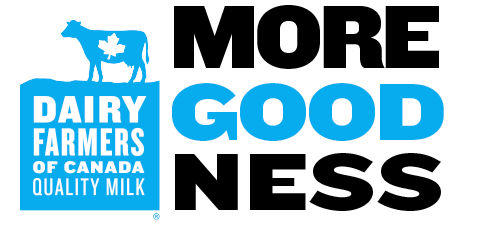Highlights
- Round 7 of the NAFTA re-negotiations saw some progress with 3 more chapters closed, out of approximately 30.
- The CPTPP was signed this week and DFC estimates that the market access conceded in the CPTPP amounts to approximately $160 million per year or a 3.1% loss in milk production.
- Canada’s International Trade Minister is expected to announce the launch of formal trade talks with MERCOSUR, a customs union including Argentina, Brazil, Paraguay, and Uruguay.
I was very happy to attend the round, alongside DFC board members David Wiens and Ralph Dietrich, to ensure that the Canadian dairy farmers continue to be heard. We will continue to insist that the Government understands that, when it comes to the renegotiation of NAFTA, they must not give up any more on the backs of the hundreds of thousands of farmers and workers in the Canadian dairy sector.
The Comprehensive and Progressive Agreement for Trans-Pacific Partnership (CPTPP) was also signed this week, and will now move towards ratification in each of the member countries before it is implemented; this will likely take several months. DFC estimates that the market access conceded in CPTPP amounts to an impact on dairy farmers of approximately $160 million per year, representing a loss of 3.1% of today's milk production in Canada. We continue to communicate with the Government that there is a cumulative effect to carve outs, in CETA, and now CPTPP, which cannot be understated. These negative impacts are each borne by the same hundreds of thousands of farmers and workers in the Canadian dairy sector. For more information, you can read my blog on this here.
Finally, on March 9th 2018, Minister Champagne (International Trade) is scheduled to announce the launch of formal trade talks with MERCOSUR, a customs union including Argentina, Brazil, Paraguay, and Uruguay. This announcement is of concern to Canadian dairy farmers, as well as Canadian farmers in general.
Notwithstanding that dairy exports from MERCOSUR accounted for between 2% to 4% of Canada’s dairy imports over the past several years, Argentina and Uruguay are important exporters of milk and dairy products.
Argentina is the sixth largest exporter of milk and dairy products in the world, and has the land and climate to become a dairy super power.
Uruguay, which produces an amount of milk equivalent to about 20% of Canada’s total milk production, exports 2/3 of its production on the world market. It is the seventh largest dairy exporter in the world.
Brazil is by far the largest MERCOSUR country with a population of 208 million, and an annual milk production estimated to be approximately 34 million tonnes (3.8 times greater than Canada). Brazil is not considered to be a major exporter on milk and dairy products; it is however an agriculture powerhouse.
In a submission to the Government of Canada regarding the exploratory discussions to enhance Canada’s trade relationship with MERCOSUR countries made in September 2017, DFC shared its concerns that a trade agreement with MERCOSUR is not likely to be positive for dairy. DFC reiterated that it remains opposed to undermining the Canadian dairy supply management system or the economic contribution of the dairy sector to Canada’s economy.
Canada is a trading nation, and pursues its trade agenda. DFC is working hard and remains vigilant in its mandate to defend the interests of Canadian dairy farmers. We are in contact with the federal government on a daily basis, and will continue to hold them to account.




